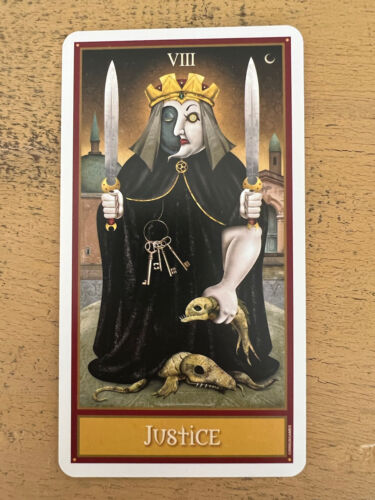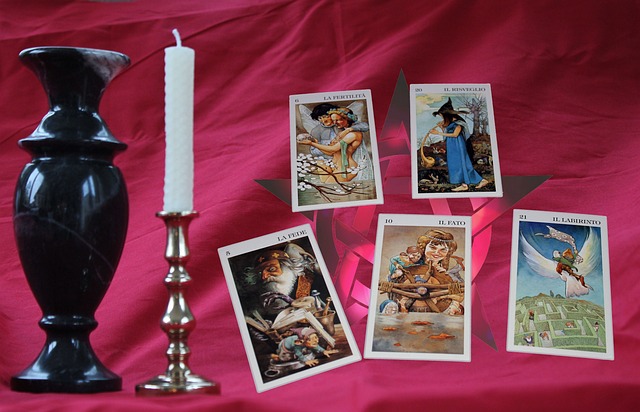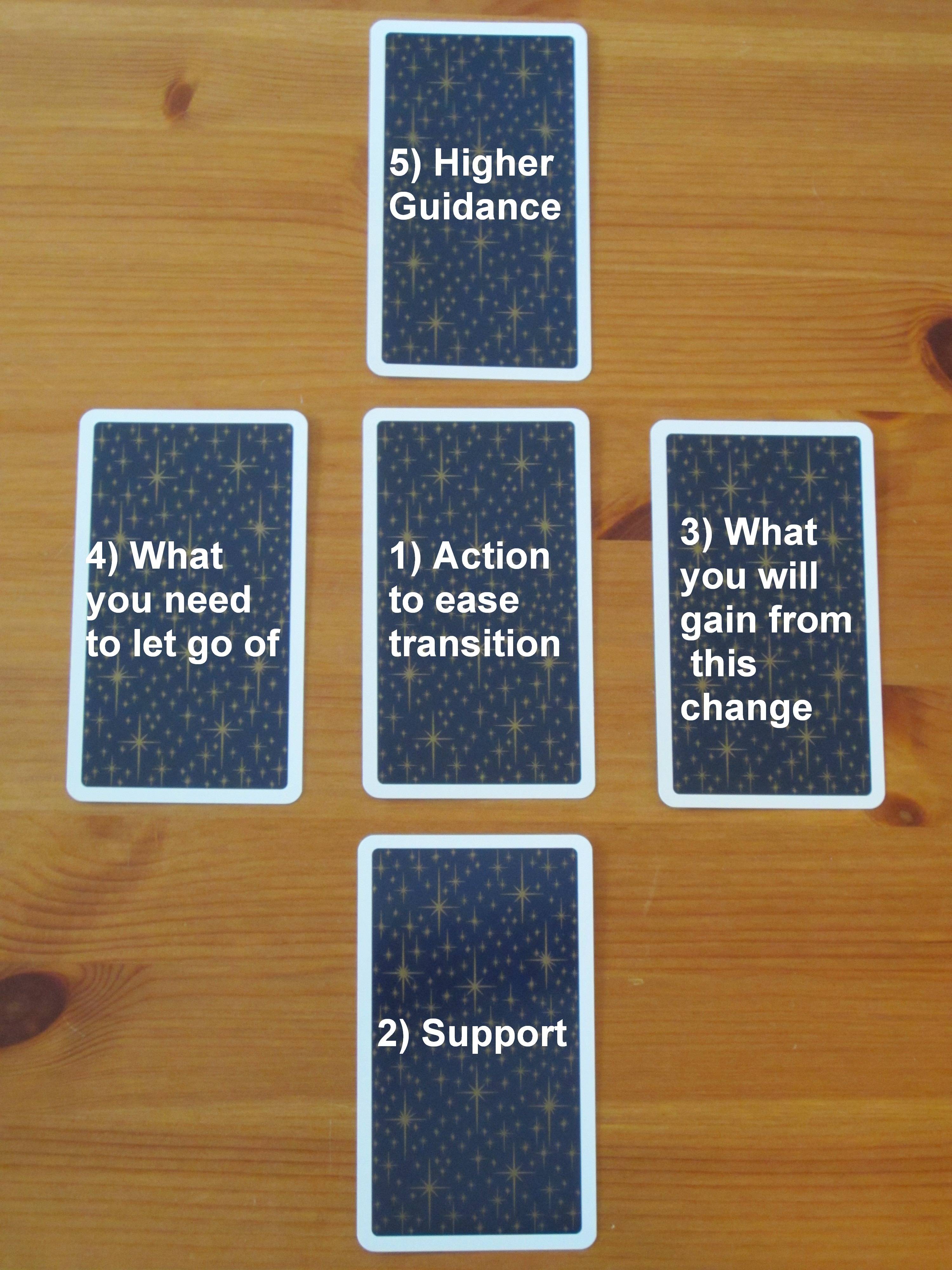
It is essential to try foundation before you buy makeup. You will need to find a shade that will match your skin tone. If you have dark skin you'll need to choose an open shade so that it doesn't show up on your chin. Ask for a sample at a makeup shop to find the right foundation shade. If you cannot find a sample kit, you can refer to photos or reviews to find out what foundation is best for you.
You can also test foundations in natural light if you don't have a sample kit. If the foundation matches your skin, the light of the sun will tell you. If it is a match, the product will disappear into your skin. If it doesn't disappear, you might want to look for another foundation.
You can also test foundation on the back of your hand. Be careful, however, as foundation can be tested on the back of your hand. This is because it will often be darker than your face. In addition, you will be able to see the undertone of the foundation. It will have a warm or cool undertone. The product that has a warm or cool undertone will make your skin yellow. If the product has a cool tone, it will look yellow on your skin.

Another good spot to test foundation is on your jawline. The jaw line is the area that is closest to your natural undertone. You can use a compact mirror to examine the area if you don't have one. This will enable you to examine the foundation's effect on your skin.
You should also test foundation on the chest and neck. Your neck may not have as much sunlight as your face, so you will want to choose a shade that is a little lighter than your face. You will also want to test foundation on the back of your wrist. This area tends be lighter than your facial skin.
When you are trying out a new foundation, you should be sure to moisturize your skin beforehand. Moisturizing will help prevent you from having a creased look and will prevent your foundation from clumping up. It is best to avoid testing the foundation on dry skin. Dry patches can cause the foundation to stick and result in a dull appearance.
Another important thing to consider is the lighting at your shop. Bright lighting can make the foundation look duller in some stores. If you feel the lighting is not right for you, it's best to leave the store.

The best rule of thumb is choosing two shades that are very similar to your skin. For a perfect match, you can combine the two. It is also a good idea for foundations to be similar in coverage. This way you will be able to build up the coverage and still get a natural look.
FAQ
What are some good hobbies?
Hobby Ideas for people who love to learn and teach others.
Hobbies are a great way for you to do what you love and also learn something new.
There are many different types of hobbies, but they all have similar characteristics. These are fun, easy activities that cost little and don't take too much effort.
These include working with others to teach someone how to use an instrument or build an airplane.
You may not think of yourself as a teacher but there might be something you could do in order to help someone else learn.
You can make a difference in the lives of others by starting a hobby.
How can I find a hobby?
You might feel as though you don't have a choice when you first start your quest for a hobby.
You may be thinking, "I'm just not artistic" or "I hate sports," or perhaps "I don’t even know what I know."
However, it is likely that you already have a lot to draw on when searching for a hobby.
It's just not something you're aware of.
Take a look around your house. How much stuff do you own?
Do you still have toys?
You might have a collection.
Perhaps cooking has been something you've wanted to do all your life.
Or perhaps you would just like to learn how to play the guitar again.
Whatever it may be, you can likely turn it into something.
The key is to realize that you already have plenty of experiences to draw upon.
Once you do that, you can choose a hobby to fit your life.
Why do we need hobbies
Hobbies are an important part of our lives because they give us time to relax, unwind, think creatively, exercise, socialize and enjoy ourselves. You can also learn new skills and develop lifelong interests.
Hobbies can help us find meaning and purpose.
These can often be a great way to get some extra time while you have nothing else.
They're even fun!
If you don’t make time for a hobby then it’s probably not worth your time.
So take a look at all the options available to you. You might consider starting a hobby if you don't already have one.
What are observation hobbies?
Observation hobbies involve watching people do the things they love. These hobbies could include reading books, watching sports, or going on vacation. It could also be observing other people as well.
It's great to have observation hobbies because it helps you think creatively. You can use this knowledge later when you're working on projects for yourself or others.
You'll discover that it's easier to learn if there's a passion for something.
For instance, if football is something you are interested to know about, you can watch the game or read a book. If you want to learn more about photography, you could take or visit exhibitions.
You could also buy a guitar or play along online to music if you are a musician.
If you love cooking, you can either cook your meals at home or order from a local restaurant.
If you like gardening, you could grow vegetables or flowers.
You can take a dance class, or just go out with your friends if dancing interests you.
You can paint pictures if your passion is painting.
If you love writing, you might be interested in writing poems and stories.
You could also draw pictures if you enjoy drawing.
If you love animals, you could look after pets or work at a zoo.
If you like science, you could study biology, chemistry, physics or maths.
If history is your passion, you can either read books or watch films. Or you could listen to podcasts.
If you like traveling, you could travel abroad or explore your local area.
What's a hobby?
For kids, a hobby can be any activity that they are interested in doing as part of their everyday routine. Some kids like to build things, draw, paint, write, or play with toys.
Many parents are concerned that their children may get into trouble if allowed to do as they please. This is not necessarily true. Your child won't get in trouble if they are safe and don't do any harm to anyone.
It is important that people remember that simply because they love doing something does not mean they will always do it. If they don't like writing but love drawing, they might choose to draw images instead.
There are many hobbies available, so you can choose the one you like best.
Statistics
- The Role of the Mind in Sex, Dating, and Love: Men in the “humor” condition received phone numbers from 42.9% of the female participants and were refused 57.1% of the time. (time.com)
- 37% Video Games 36% Travel 36% Health and Fitness (quizexpo.com)
- Almost 80% of people claim to have no hobby. (hobbylark.com)
- Much of this decline reflects the fact that teens are less likely to work today than in the past; among employed teens, the amount of time spent working is not much different now than it was around 2005. (pewresearch.org)
- Studies show that just six minutes of reading can reduce stress levels by 60 percent. (oberlo.com)
External Links
How To
How to learn how to play a musical instrument
There are many different ways to learn how music is played. You have the option of going to school, buying a book or taking lessons from someone who plays an instrument. Or, you can watch videos online. These are just a few tips and tricks to help you get started if you're determined to make your own path.
-
Find something that interests and you. If you don’t enjoy any of the instruments that you see, you might consider trying another one. It's difficult to take up a hobby if you don’t love playing the instrument.
-
Be patient. Learning anything new takes some time. Don't expect to master everything right away. Keep practicing each day.
-
You should practice often. This can be done even when you are tired. This will make sure you don't forget the lessons you have learned.
-
Choose a good place to practice. Ideal is a quiet area where you don't have to disturb anyone else. Be sure to not distract others. Also, don't let loud music play near your home.
-
Have fun! Music should be enjoyed. Have fun with your practice. You will be motivated to do more if you have fun.
-
Set goals. Setting goals will help you to know exactly what your goal is. Therefore, you will have no excuse for failing.
-
Keep track of how you are doing. Notate all of your achievements and failures. Doing so will help you improve over time.
-
Pause. Sometimes it is enough to just stop and think. Taking breaks will give you time to think about things.
-
Ask questions. Ask other people if you have any doubts or confusion regarding certain aspects of the instrument. They may be able to help you out.
-
Listening is the best way to learn. Many musicians enjoy listening to their favorite songs and trying to imitate them. This allows them to understand the basic ideas behind the song.
-
Read books. Reading books will teach you more than watching videos or taking classes. Books contain information you will not find anywhere else.
-
Get involved in a band. You'll be more motivated to practice when you are playing with others. Plus, you will meet people who share similar interests as yours.
-
Watch tutorials. Tutorials are brief videos that cover a variety of topics in great detail. These tutorials usually concentrate on one particular aspect of an instrument. Tutorials can be helpful in understanding difficult parts of an instrument.
-
Different methods are possible. Some people prefer to learn through lectures, whereas others learn better by reading. Try different methods until you find the one that works for you.
-
Practice makes perfect. It is not possible to become an expert overnight. Instead, you must put in lots of effort before becoming skilled enough to perform well.
-
Begin a group of musicians. Listening and learning from others can help you to learn faster.